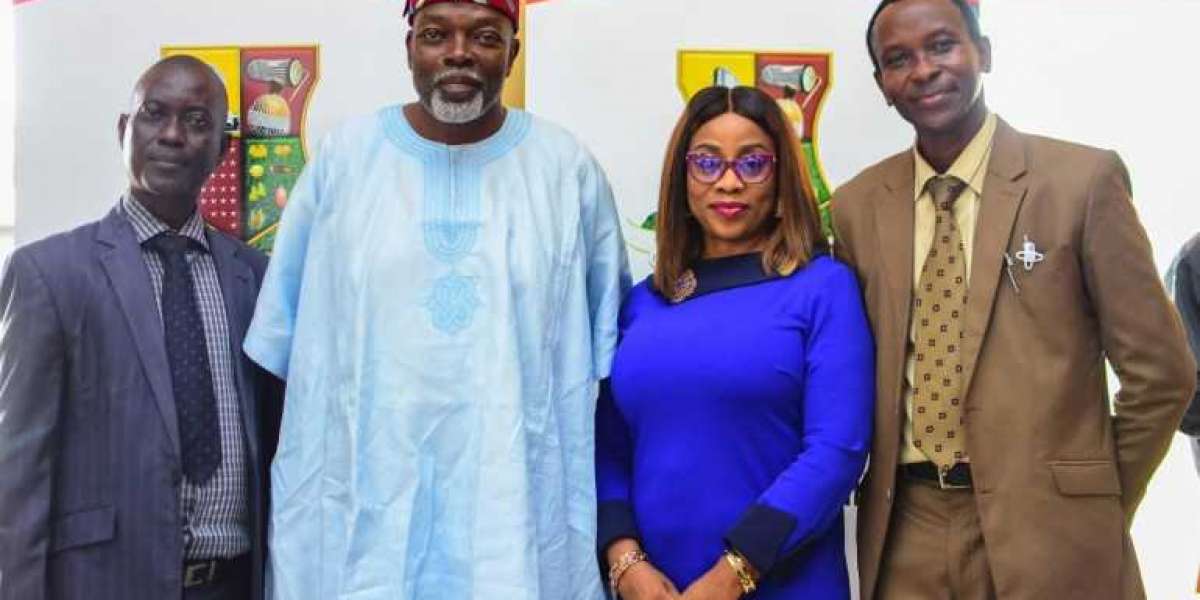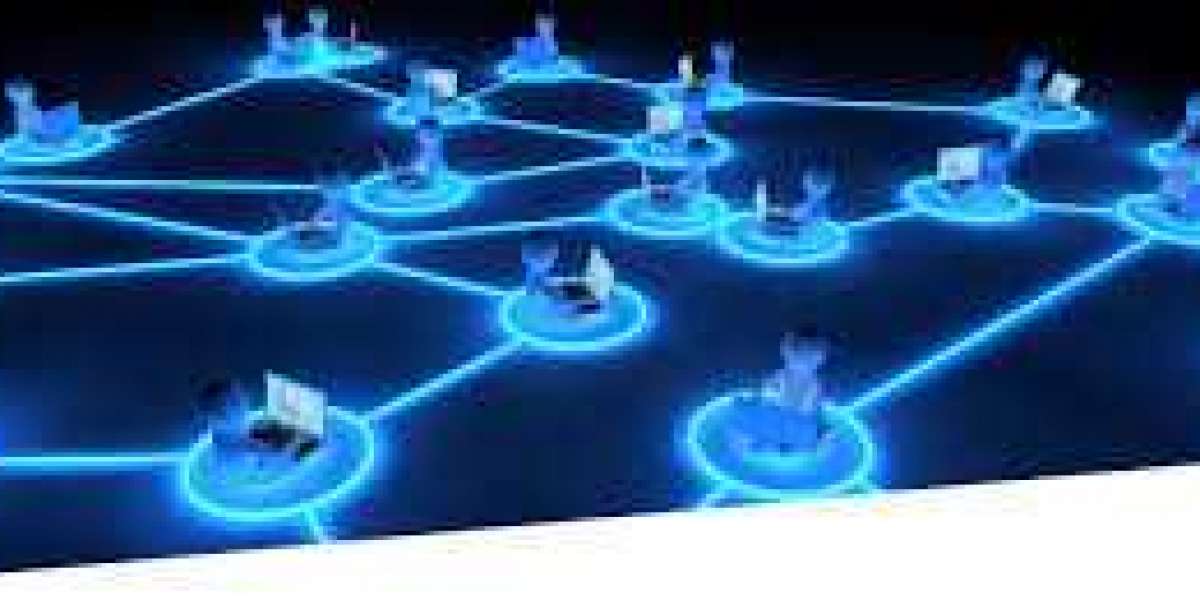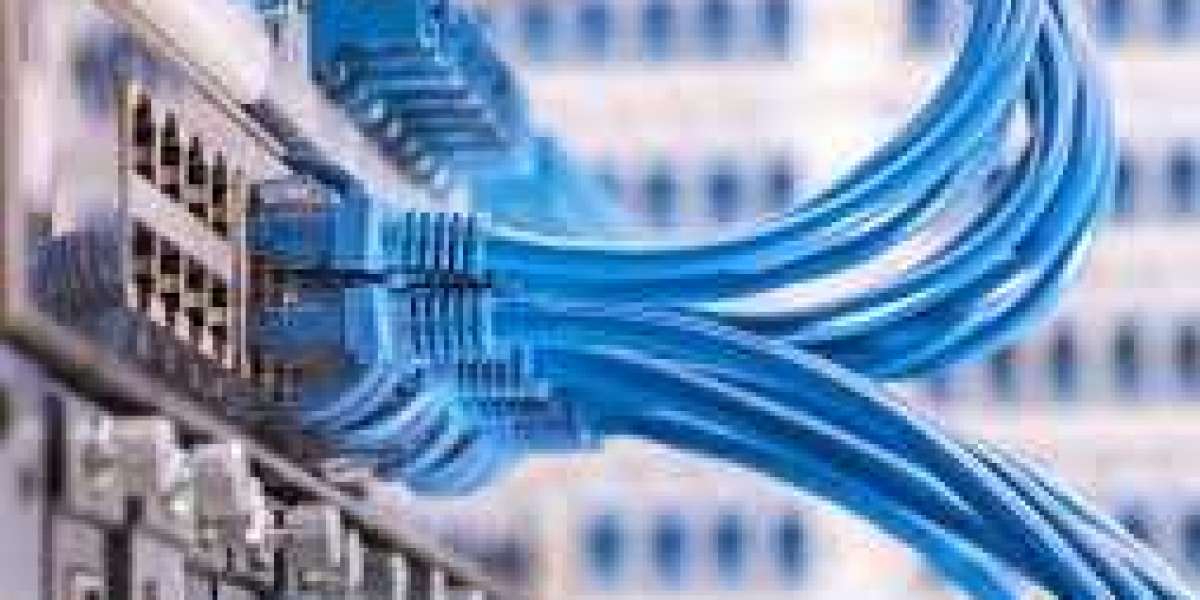The COVID-19 pandemic, which forced the world into a lockdown in March, has further brought to the fore, the need for internet connectivity in schools and why digital learning is essential for today’s classroom experience across the country. Data from UNESCO revealed that, globally, over 1.2 billion children were out of the classroom in April 2020 due to the pandemic. While they were stuck at home during the lockdown, the learning of many students was halted while some in the private schools took classrooms online to make up for lost hours.
The tremendous learning opportunities that internet connectivity brings to education were better experienced during the lockdown when students and teachers took learning and interaction online where they had access to a plethora of learning resources.
Students without access to internet connectivity miss out on several educational opportunities that prepares them to function in the global economy, which in turn negatively impacts the future of the country.
Despite the challenges of infrastructure, Nigerian private schools appear to be moving with the rest of the world as they have better access to the internet to improve education and the learning experience. However, the same cannot be said about public schools who are still miles behind in internet adoption.
Cost and technology infrastructure are the two obvious barriers that worry stakeholders and educationalists. Technology infrastructure is expensive, and setting it up in public schools, where a vast majority of students come from low-income homes where they live on less than $2 per day, is another hard piece of the puzzle.
According to the American Internet Society, the best results of internet connectivity in public schools are likely to be achieved through strategic partnerships between government and private sector stakeholders like the Internet Service Providers (ISPs), as well as teachers and educational administrators which has been the case in some parts of the world.
In 2008, Nokia partnered the South African government to develop ‘MoMaths’, a wide-ranging set of maths problems that can be accessed and answered via internet-enabled mobile phones. The project gave low-income learners access to high-quality education and allowed high school pupils across South Africa to learn theory and solving sums on their handsets as a result. Research by Nokia shows that students’ average maths scores improve by an average of 14 percentage points when using the service.
In Nigeria, an example of such public-private sector synergy is the project being championed by ipNX, a pioneering and leading information, communications and technology (ICT) company.
From 2011, for a number of years, ipNX provided free internet service to 55 public secondary schools in Lagos state . The initiative, which is part of ipNX’s corporate social investment dedicated to education, was recently extended to Oyo State to solve one of the biggest impending factors limiting the adoption of e-learning in public schools. On October 8, 2020, ipNX unveiled free high speed broadband internet services set up at two public secondary schools in Oyo State – Government College Ibadan and Bishop Phillips Academy, Monatan, in a bid to improve access to technology for students and teachers.
According to Group Executive Director, HR Corporate Services, ipNX, Folashade Efiong-Bassey, the project “will facilitate the goals of Oyo State in improving the education, science and technology sectors, which is a vision of the administration of His Excellency, Governor Seyi Makinde. Moreover, this initiative complements the recent Federal Government intention to implement Zero-rating for education websites as part of efforts to ameliorate the impact of Covid-19 on Nigeria’s education sector.”
In no small measure, broadband internet will provide more opportunities for students and teachers to find the best practices, create new solutions, connect and inspire each other, all towards the achievement of better learning outcomes. With the empowerment of students in this way, the digital transformation and socio-economic development of Nigeria appear to be on course.
The end goal of this investment transcends the outcome of students performance from just passing exams but to actually harnessing opportunities from scholarships, jobs, employability training , and contribution to overall national development.
As part of efforts to solve the challenge of connectivity in the country, the Nigerian government has also developed the second phase of the Nigerian National Broadband Plan 2020 – 2025. The goal of the plan is to deliver data download speeds across Nigeria, with effective coverage available to at least 90% of the population by 2025 at a price not more than N390 per 1GB of data (i.e. 2% of median income or 1% of minimum wage).
This move by ipNX to provide internet connectivity in Nigerian public schools is another significant contribution to the actualisation of the government’s National Broadband Plan. As Nigeria moves to achieve this ambitious, but realistic plan, public-private sector partnerships like the one between ipNX and the state governments, will prove to be the much needed fuel to fire up the engine of Nigeria’s education and human development.







